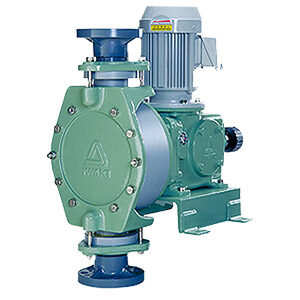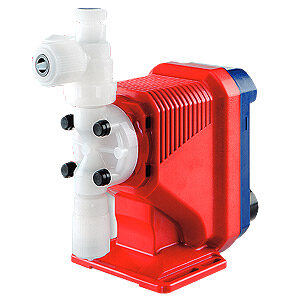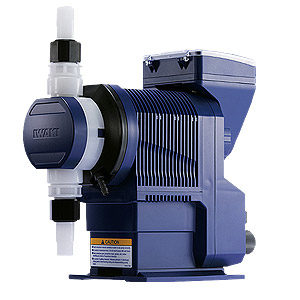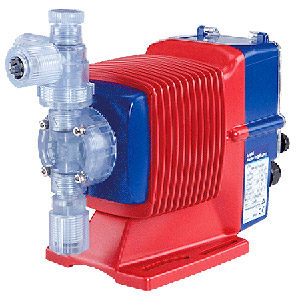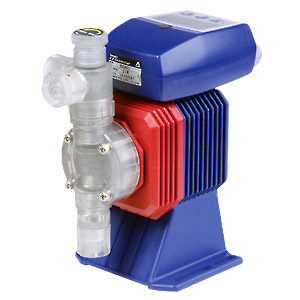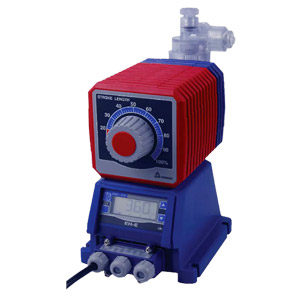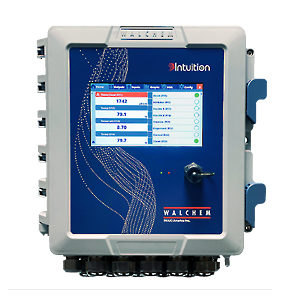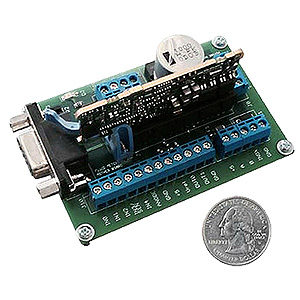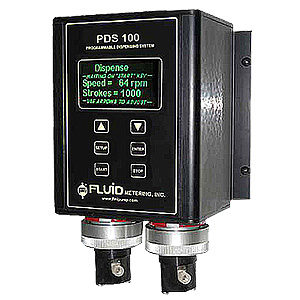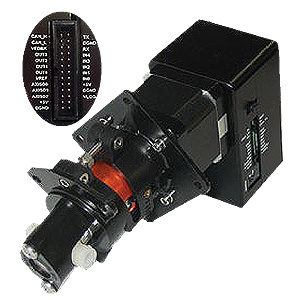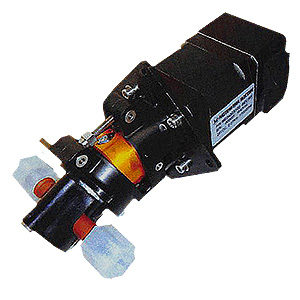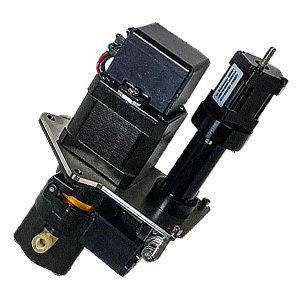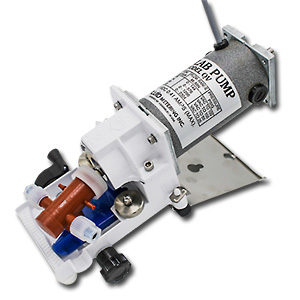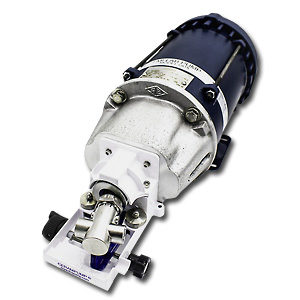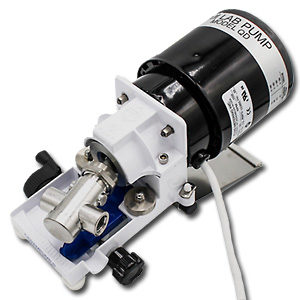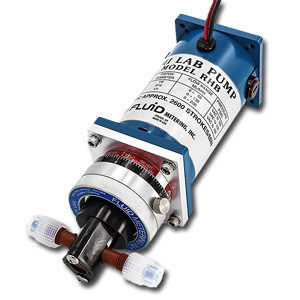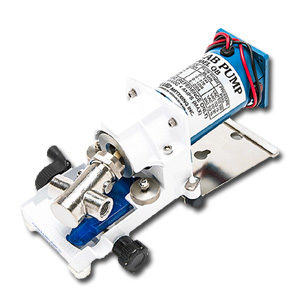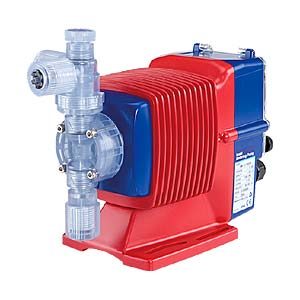Why are chemical metering pumps used?
Industrial processes frequently employ chemical metering pumps to precisely measure and dispense a predetermined quantity of liquid chemicals. When precise control over the amount of material is necessary, such as when treating or adding additives to water supplies, they are frequently used. Chemical metering pumps also assist in ensuring that the proper amount of liquid is supplied each time, minimizing waste and lowering expenses.
How do chemical metering pumps work?
A moving diaphragm or plunger is used in the majority of chemical metering pumps to generate a pressure differential that pushes the liquid through a set of valves. The fluid flows through the valves as the diaphragm oscillates.
What pump is used for chemical dosing?
Industrial processes frequently employ chemical dosing pumps to properly measure and deliver a predetermined quantity of liquid chemicals. They are made to work at various pressures and speeds to handle various kinds of liquids, giving the user exact control over the quantity of material being dispensed.
What is chemical metering?
Chemical metering is a technique used to precisely measure and inject a certain quantity of substance into a system. It is frequently employed in industrial operations including water purification, ink manufacture, and food processing where precise material amounts are needed. A moving plunger or diaphragm creates a pressure differential that drives the liquid through a set of valves in metering pumps. The fluid flows through the valves at a predetermined volume and rate as the diaphragm moves. This helps guarantee that the desired amount of chemical is delivered and enables for exact control over the volume of liquid being discharged.
Which pump is commonly used as a metering pump?
Diaphragm pumps are a type of metering pump that is widely utilized. They generate pressure using a flexible membrane, which forces the liquid to flow through the valves at a predetermined rate. This enables for exact control over the amount of material administered and aids in delivering the right amount of chemical. Diaphragm pumps come in a variety of sizes and combinations to suit a variety of applications.
What are the 3 major types of chemical pumps used?
Chemical pumps are classified into three types: diaphragm pumps, piston pumps, and peristaltic pumps. Diaphragm pumps generate pressure through a flexible membrane, causing liquid to flow through the valves at a predetermined rate. Piston pumps create a vacuum by using an oscillating piston to draw liquid through the pump. Peristaltic pumps generate suction by rotating a hose or tube, which draws liquid through the pump. Pumps of all three types are extensively employed in industrial processes to accurately control and dispense liquids.
How to know the flow rate for chemical dosing pump?
Positive displacement pumps and variable speed pumps are the two primary types of metering pumps. Positive displacement pumps, like the diaphragm pumps mentioned previously, move liquid by using a fixed volume. Variable speed pumps manage the flow rate of the chemical using a motorized drive mechanism that may be modified based on the application.
To calculate the flow rate of a chemical dosing pump, you must first know the pump’s operating pressure as well as the stroke rate or frequency. The flow rate is then estimated using the following formula: Stroke Rate x Pump Volume = Flow Rate (mL/min). This will allow you to precisely determine the amount of chemical that must be delivered for your application.
How can we control the flow rate of a dosing pump by means of pump speed control or need to change the pump stroke length?
A dosing pump’s flow rate can be changed by modifying the pump’s speed or changing the stroke length. By increasing the pump’s speed, more liquid is pushed through at a given time, increasing the overall flow rate. Increasing the speed, on the other hand, reduces the flow rate. Changing the stroke length gives you more control over the flow rate. A greater stroke length increases flow rate, while a shorter stroke length decreases flow rate.
